-
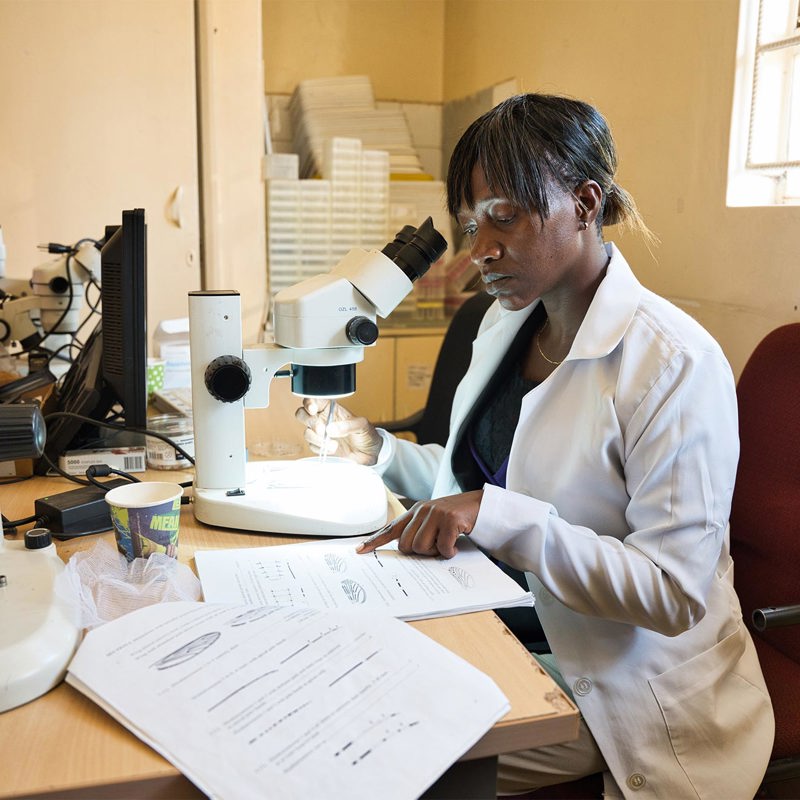
Lucy Muzia began her career as a science teacher until a professor introduced her to entomological surveillance in 2008 – then an undeveloped field in Zambia. Undeterred by the lack of infrastructure and pay, Lucy volunteered to help establish the co...
-
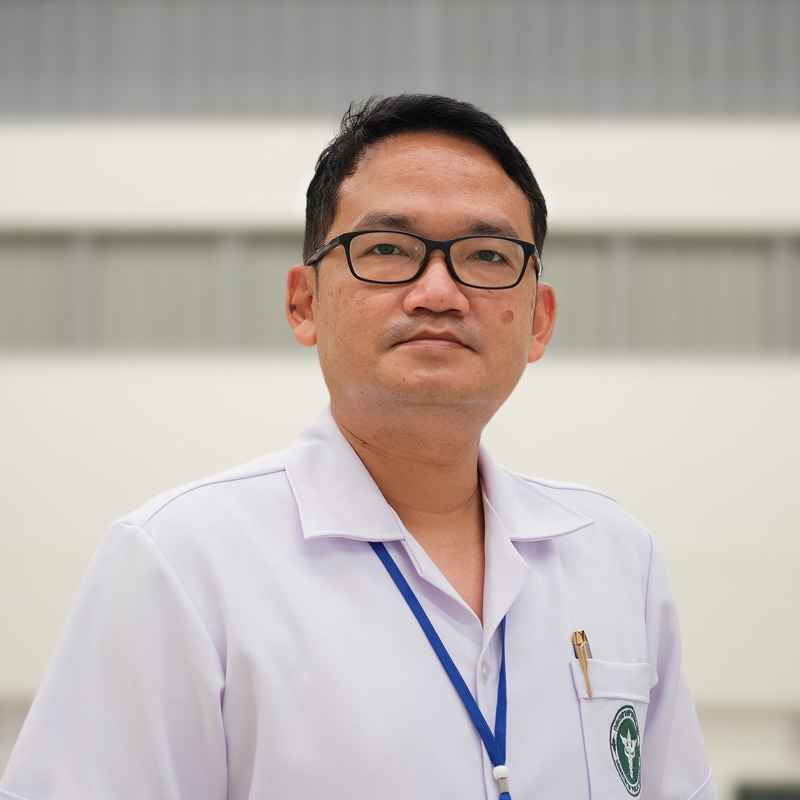
Thiraphot Singtohin leads the HIV unit at the Office of Disease Prevention and Control in Khon Kaen, Thailand. His team supports hospitals in four Thai provinces to conduct HIV and TB testing – critical work that involves handling transmissible patho...
-
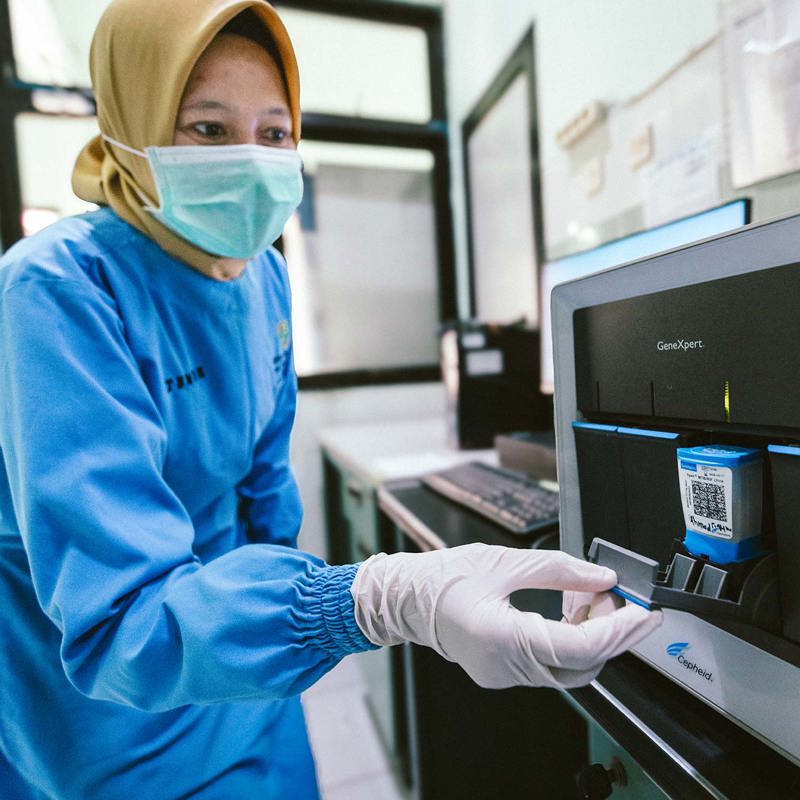
Indonesia has the second-highest TB burden in the world – about 1 million people in the country fall ill with the disease every year. Drug-resistant TB, a deadly strain of the disease that is difficult to diagnose and does not respond to first-line t...
-
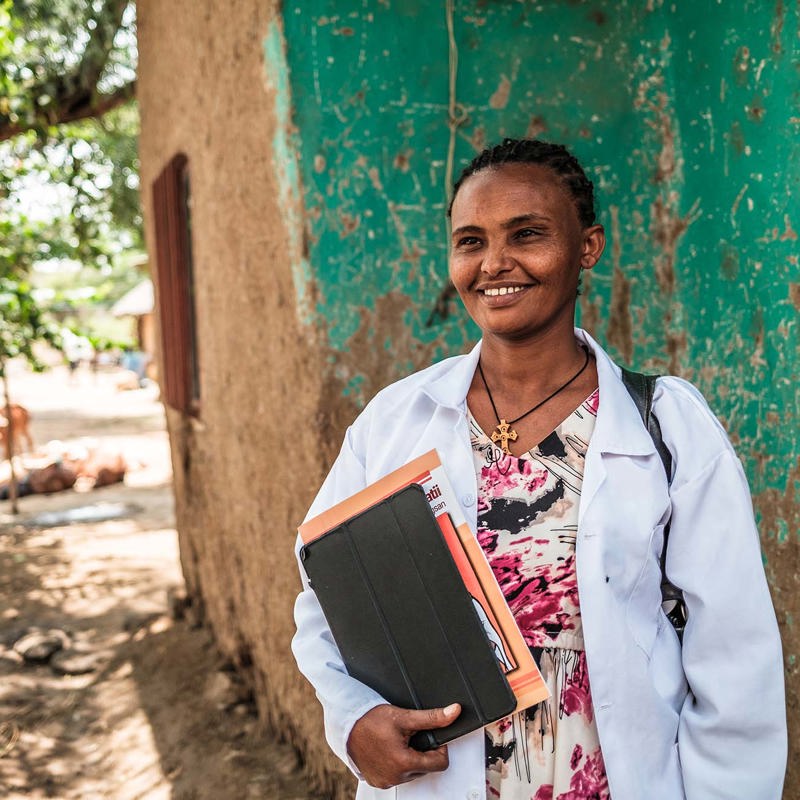
Fanose Hirreno has been a health extension worker in the Koka region of Ethiopia for 18 years. She spends three days a week providing door-to-door care and two days supporting patients at her local community health post. Launched in 2003, Ethiopia’s ...
-
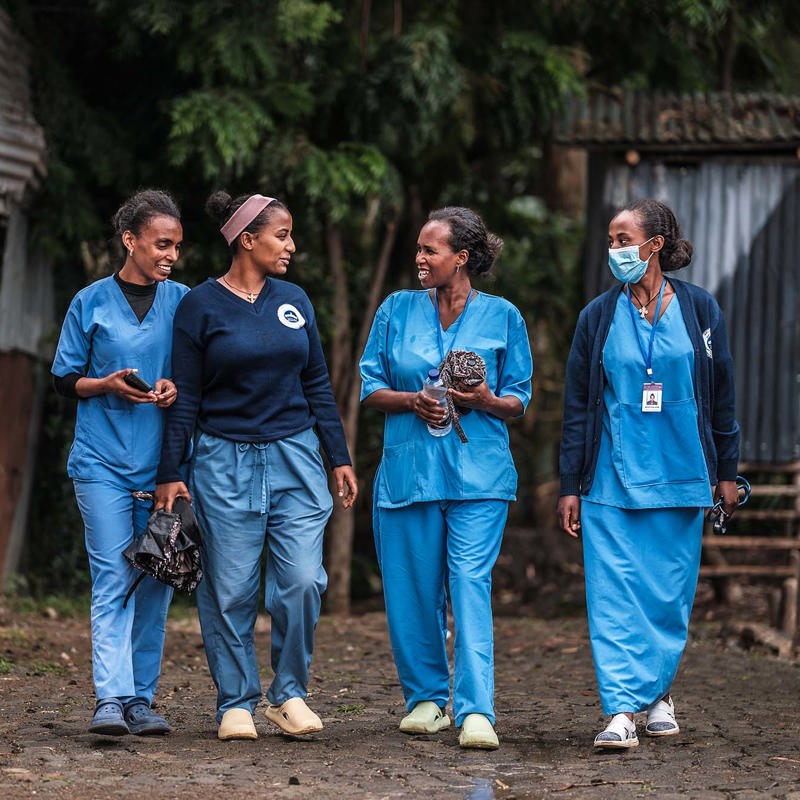
Twenty years ago, Ethiopia’s health system was under-resourced and under pressure, facing critical workforce and infrastructure gaps. The country grappled with a heavy burden of infectious diseases – including HIV, TB and malaria – and elevated mater...
-
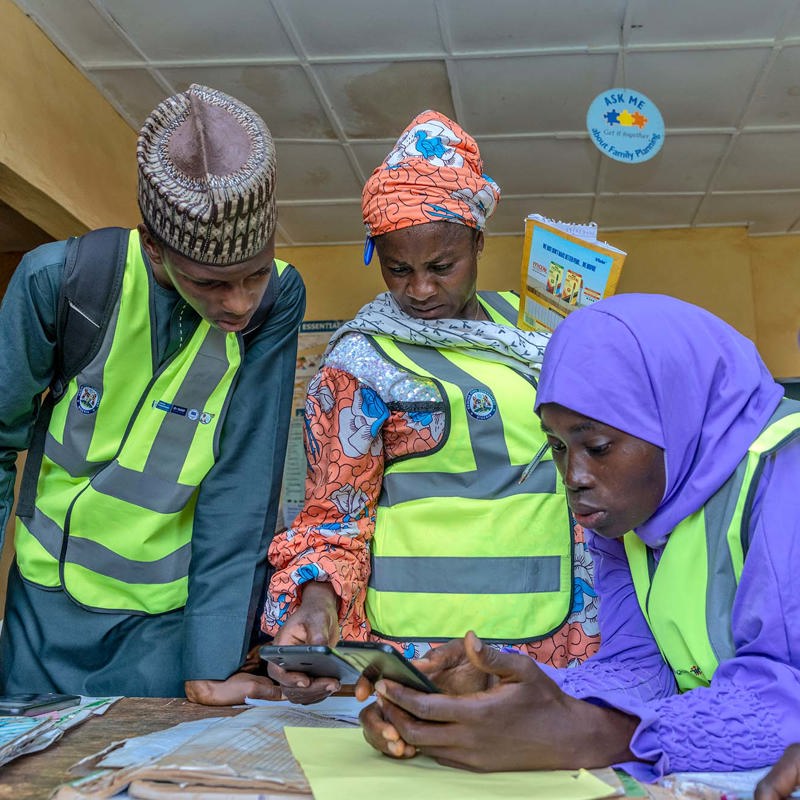
After nearly three decades in public health logistics, Usman Sani knows that every delivery he manages could be the difference between life and death. Usman and his colleagues were recently stationed at a warehouse in Ungwan Muazu in Kaduna State, Ni...
-
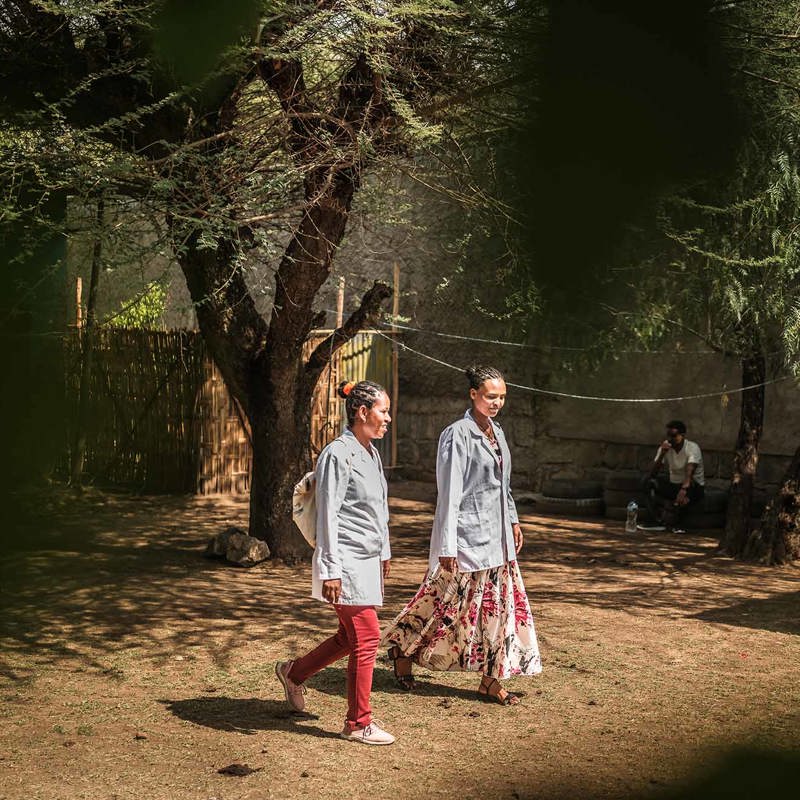
Eleven years ago, when Medihenit Angasu went into labor at home and eventually needed an emergency cesarean section, Aberu Birbirsa never left her side. “She went (to the hospital) with us that night, and when I entered the theater room, she said sh...
-
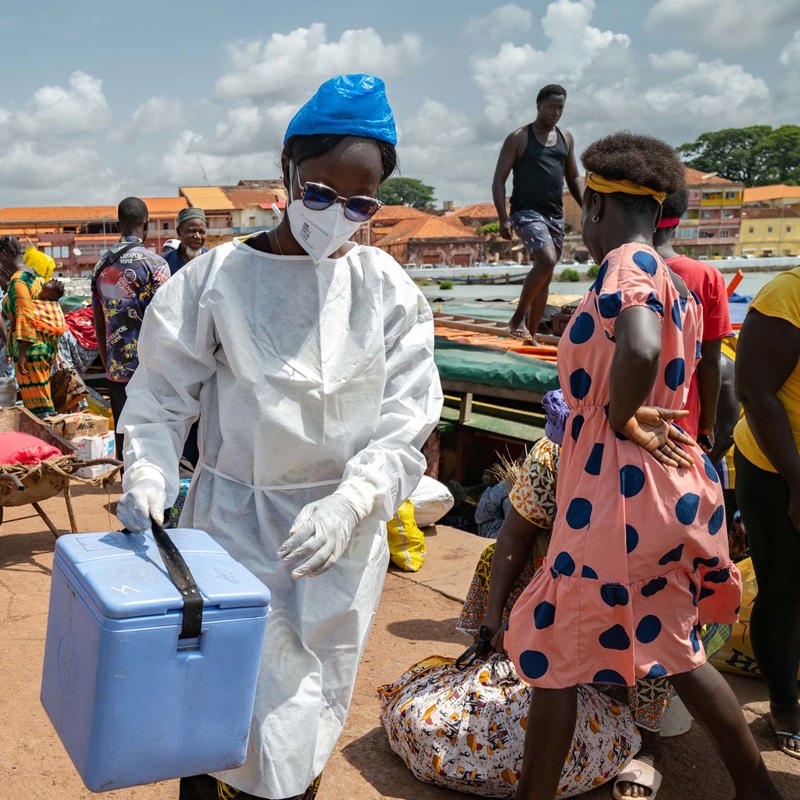
In the heart of Bissau, Guinea-Bissau’s capital city, Cunna Mendes holds a medical cooler filled with biological samples. These were collected from patients showing signs of fever and respiratory distress on the remote island of Bolama, located sever...
-

At a community hall in the Chilenje neighborhood of Lusaka, Zambia, the sound of singing rises above the noise of the bustling city. A group of young women sit in a circle. They call themselves the “Pink Girls” — a sisterhood of strength, resilience ...
-

At the height of the COVID-19 pandemic, while most people were under lockdown, Dr. Revathy Arushothy was heading into the laboratory – working around the clock to help keep her country safe. “Our laboratories were working 24/7,” says the microbiologi...
 10 September 2025
10 September 2025 10 September 2025
10 September 2025 10 September 2025
10 September 2025 10 September 2025
10 September 2025 10 September 2025
10 September 2025 08 September 2025
08 September 2025 03 September 2025
03 September 2025 14 August 2025
14 August 2025 At a community hall in the Chilenje neighborhood of Lusaka, Zambia, the sound of singing rises above the noise of the bustling city. A group of young women sit in a circle. They call themselves the “Pink Girls” — a sisterhood of strength, resilience ...
At a community hall in the Chilenje neighborhood of Lusaka, Zambia, the sound of singing rises above the noise of the bustling city. A group of young women sit in a circle. They call themselves the “Pink Girls” — a sisterhood of strength, resilience ... 17 July 2025
17 July 2025